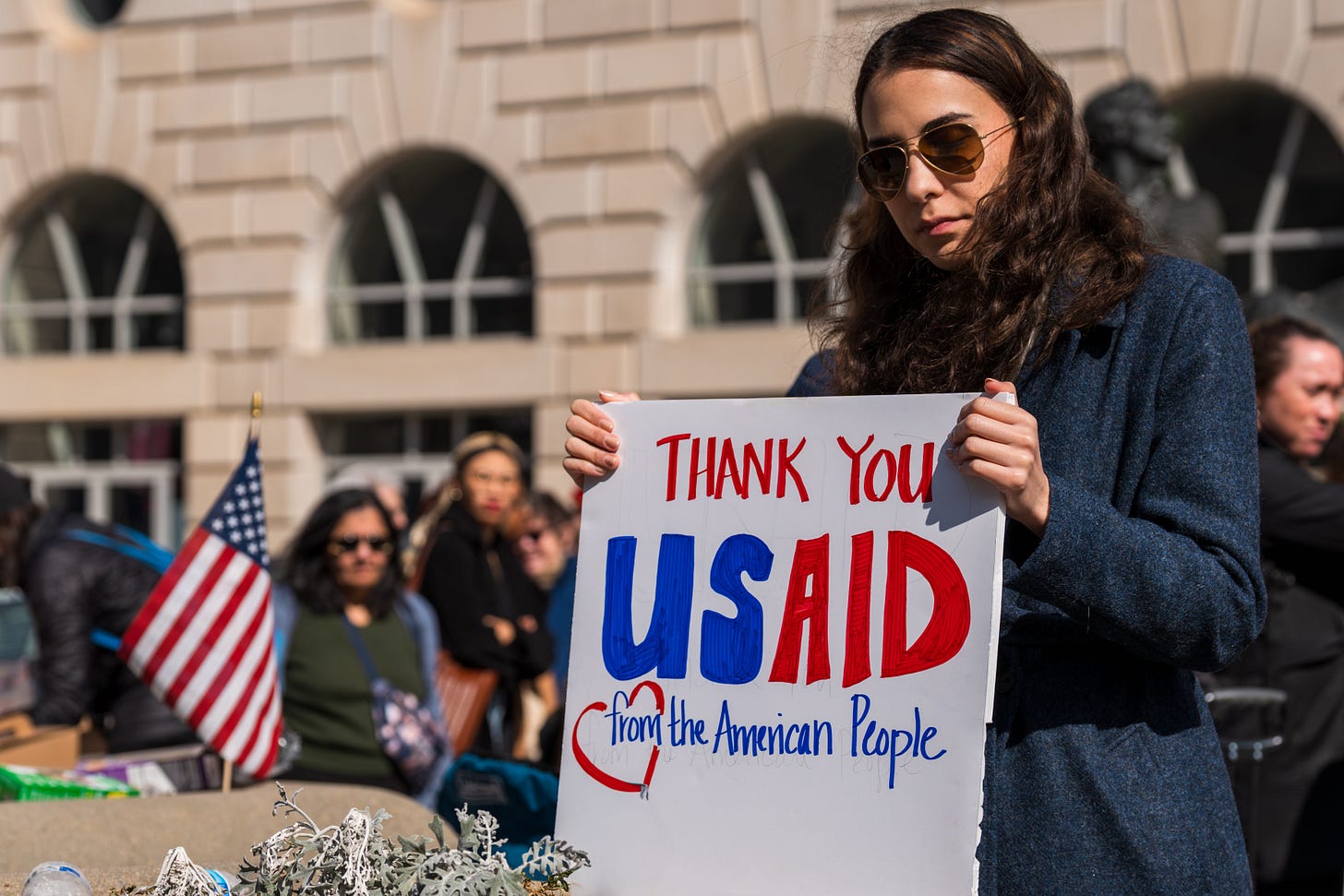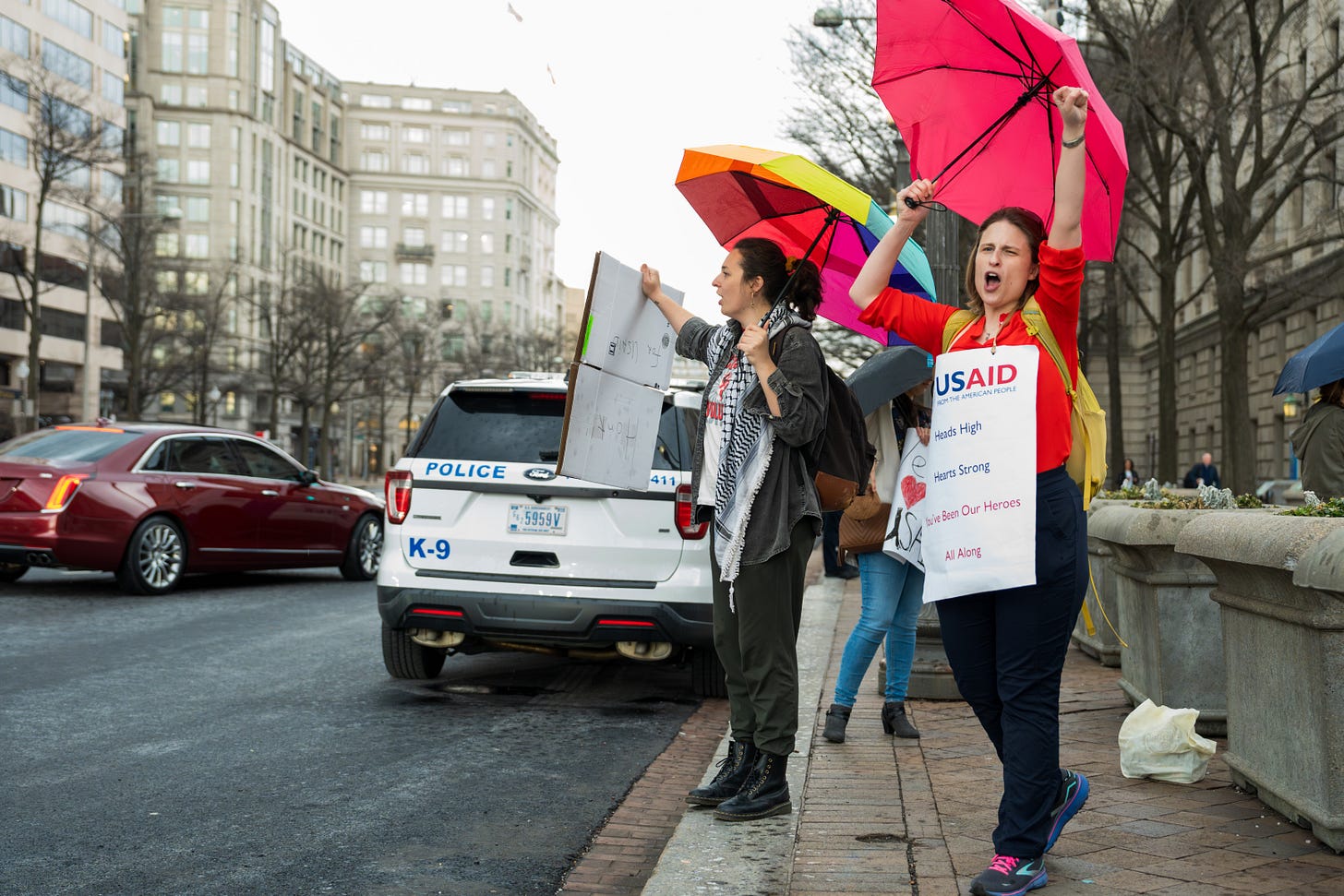
Views are my own and do not reflect those of my employer.
My family got me a keyboard for Christmas–a gesture my 13-year-old daughter instantly regretted when I turned my office, which neighbors her bedroom, into my “practice space.” I have no background in piano and precious little free time to learn. My track record of musical discipline is not promising. I’ve played guitar at the same skill level since I was 15 and learned only what I needed to be able to cover Nirvana. But I’ve always had a feeling that my hands were more suited for the keys than the fret. As my fingers traverse the keyboard like a traveler exploring a foreign land, I have a sense of déjà vu. I don’t know this place, but it feels familiar.
Aside from my early devotion to Nirvana, I’ve never been very interested in learning music other people have written. As a writer, what compels me to make music is my love of songwriting. Poems do not come easy to me, but I love writing lyrics and vocals. When my stories or feelings or ideas are too visceral or fragmented for prose, they come to life in song.
I grew up Catholic and once complained to my parents that mass at our church dragged on and on. I was in middle school and obsessed with Casey Kasem’s Top 40, the countdown of the week’s top pop songs, which broadcast on Sunday mornings. The top song always played right around noon, just as church was supposed to end. But the priest slowly sang ritual song after musical prayer after harmonious call and response as if he had all the time in the world. Holy melody poured from his mouth, slow and sticky like honey, smothering us, trapping us like flies. Mass would be so much more efficient, I whined to my parents, if we didn’t have to sing everything. Couldn’t we just say the prayers and get on with our day?
My parents responded with the St. Augustine quote, “He who sings prays twice.” Singing a prayer, they insisted, magnifies its power. Catholics believe this deeply. Though this was not what my middle-school self wanted to hear, I do believe it now. I also believe that, while a voice like Mahalia Jackson’s can bring me to tears, the voice of the everyday person, the one who can barely carry a tune, is just as holy.
That is why I am singing my truth today.
This past month, my new keyboard has provided a cathartic outlet. Because prose has failed me. If you would have told me on January 1 that within weeks, USAID would not exist, I would not have believed you. USAID was the primary funder of nearly all of the work I have poured myself into for the better part of two decades. Last year alone, USAID contributed more than 10 times as much funding to global health as the world’s next largest donor (the Gates Foundation). But last month, my organization’s efforts, and those of our partners and peers, to expand access to essential maternal and child health care, family planning and reproductive health services, immunizations, nutrition, women’s social and economic opportunity, and so much more, were shuttered without warning. Our work to prevent and respond to HIV, malaria, gender-based violence, child marriage, violent extremism, and maternal and infant morality ground to a screeching halt, as did the efforts of many organizations across the globe to provide lifesaving food aid, humanitarian assistance, and other emergency services.
It quickly became clear that the “90-day pause” the administration ordered so it could review USAID’s programs was not real, nor were the “waivers” that would supposedly allow lifesaving assistance to continue. As the total destruction of USAID sunk in, tens of thousands of brilliant, dedicated, mission-driven health, humanitarian, and development specialists in America and around the world were laid off or furloughed, sometimes with less than an hour’s notice that they’d be shut out of their accounts. With less than a week’s notice that they’d lose their paychecks and health insurance.
Those affected include nearly everyone I’ve worked with for the past 17 years. One of my esteemed peers and mentors has been managing health challenges related to a brain tumor. This person’s health insurance was terminated with three days’ notice. Another celebrated colleague and her husband, both of whom worked in our sector, had a baby late last year. After the couple were abruptly terminated and robbed of their health benefits without warning, the new mother found herself applying for food assistance last week. Another wonderful former coworker and her husband decided nearly 10 years ago to dedicate the rest of their careers to the USAID foreign service. They recently settled in their fourth assigned country. Now they face having to abruptly pull their three children out of school and return home to a nation that has cast them aside, leaving them jobless, homeless, and devastated.
Many journalists, data scientists, and impassioned members of our global health and development community have eloquently documented these terrible events and their nearly incomprehensible costs. Their vivid stories combine data on the scientific, health, development, and economic losses the foreign aid stoppage has already caused–and on the lives it will cost–with testimonies of the deeply personal losses that big data can obscure. These stories and maps and op-eds and infographics are essential to helping the public understand the multifaceted impact of the shutdown of USAID–on human rights, on global and national security, on public health, on science, on diplomacy, on American agriculture and industry, and so much more.

And as we’re already seeing, those of us affected by the dismantling of US foreign assistance were just the canaries in the coal mine. The tidal wave is quickly rushing over other American sectors and will ultimately pull millions under. Our testimonies–whether that of a midwife or a national park ranger or a nuclear security officer or an IRS accountant–are essential.
As a writer, then, this should be my moment. But words have failed me.
You’d think I could have at least written a poignant entry for my own Substack series on survivor’s guilt. After all, I just watched helplessly as many of my brilliant, dedicated, highly experienced colleagues–including the friend who helped me get my current position–joined the tens of thousands of other newly unemployed American public servants, while I kept my job. For now, at least.
I’ve sat down many times to try to write about all of this. But what can I say that other members of my global health and development community have not already vividly articulated?
So I’m sharing what did come: the first song I wrote on my new keyboard. It’s called “All the Noise.” I started writing it when Pete Hegseth was confirmed as Secretary of Defense. I was thinking about what survivors of gender-based violence (re)endure every time someone credibly accused (often by multiple people) of rape, sexual assault, or abuse is confirmed to one of the most powerful positions in the world.
But as January gave way to February, and USAID became the first, but certainly not the last, US government agency to fall prey to DOGE, the song’s original premise began to feel trite. What continued to resonate was a visceral, familiar feeling. That feeling that a man with more than his fair share of power elicits when he takes whatever he wants from whomever he wants. When this man—perhaps a billionaire who has bought his way into unprecedented, unelected, unearned control over America, and, by its influence, the world—cares nothing about the destruction he leaves in his wake. (Or, worse, when the destruction is the point.) When he rapes and pillages our country for his own gain and then tells the American people that we asked for it. That it was for our own good.
The song is simple, without frill or flourish, and I’m no Mahalia Jackson. But I’ll be damned if I don’t share my testimony however it manages to claw its way to the surface.
I share it as an encouragement to raise your voices however you feel compelled. This moment is so much bigger than the destruction of one government agency or the confirmation of one (or even many) woefully unqualified cabinet members. This is about our country, our democracy, our communities, our heart, our soul, our careers, our health, our values, our rights, our hard-earned tax dollars, our land, our freedom, our fellow humans–American or not–and our children’s futures.
So if you want to sing out, sing out. If you want to protest, protest. If you want to call your senators and representatives, for the love of God, make those calls. If you want to make art, make art. If you want to meditate, meditate and then turn your epiphanies into action. Forget perfection, forget polish. Forego eloquence in favor of raw truth. Paint us a picture of the view from your window. The world needs your vision.
Inequality, disinformation, social media and its algorithms, the pandemic, and many other factors–at the root of them, pain–have sown discord in America. We have fragmented into a country of soloists, forgetting that we are a choir. Forgetting that what makes a choir beautiful is the disparate voices that join together in harmony to turn words into prayer through song. We are not the same, nor should we strive to be. We need baritones, tenors, altos, sopranos. It doesn’t matter whether any one person can carry a tune. Our millions of parts are incomparable to the gorgeous sum of us.
I’ve been feeling that those of us speaking out on behalf of human rights and democracy must go beyond preaching to the choir to reach those who see things differently from us. But maybe we just need to expand our vision of the choir. Pain is the great equalizer. In this trying moment lies an opportunity for discordant voices who have long been isolated or dormant to come back together and sing in all our imperfect glory. To remember who we are as Americans. To remember that our experiences, and the visions they fuel, are not in conflict but complementary, each of them a thread woven into the rich tapestry of America.
We can take back the pulpit. We can sing songs that bear witness to the pain of the world. And in joining our voices together, we can lift ourselves up from the ashes of what has been destroyed. We can sing a more beautiful, kind, compassionate world into being.
We can write, and sing, any song we want.
All the Noise
Molly won’t get out of bed
Said the liquor went straight to her head
Johnny left her for dead in the parking lot
Mikey took her home
Said he didn’t want to leave her alone
But he took her for his own, lifted up her dress
A chorus of voices say
All the boys clap their hands and cheer
And the girls hang their heads and pray
“You seemed okay at the time
But Mabel had a lot of wine
Uninhibited and fine, so I left with her.”
“Yeah, you were out when I found you
But in the car you came to
What, you don’t remember saying yes?”
“Your body, my choice!”
A chorus of voices say
All the noise can’t drown out what happened here
All the noise
Same shit, different year




Liz, your substack writing is so powerful. Thank you for articulating what I have been unable to and funneling your creativity into song. I am literally in tears. Huge hug.
I so much hate why you had to write this, and so grateful that you did. Your voice is strong and sacred, and this piece will teach some people, and remind others, that their voices are sacred, too.